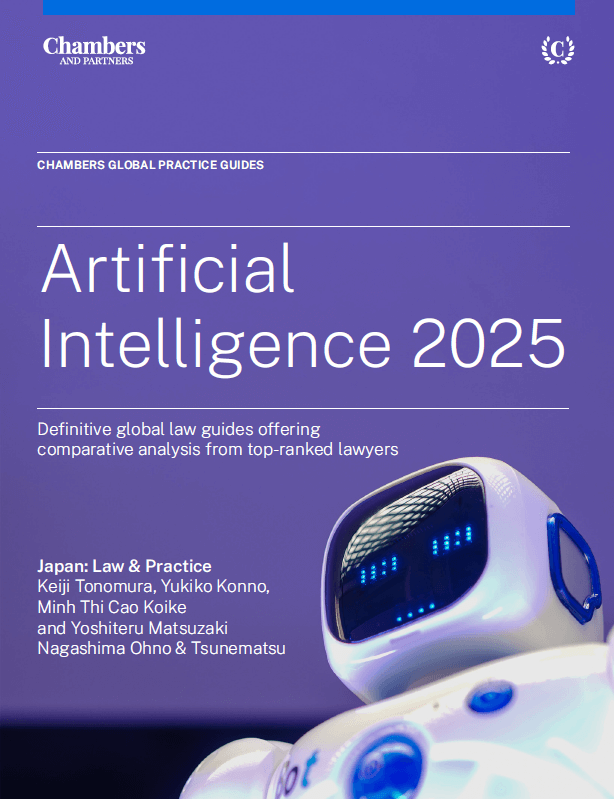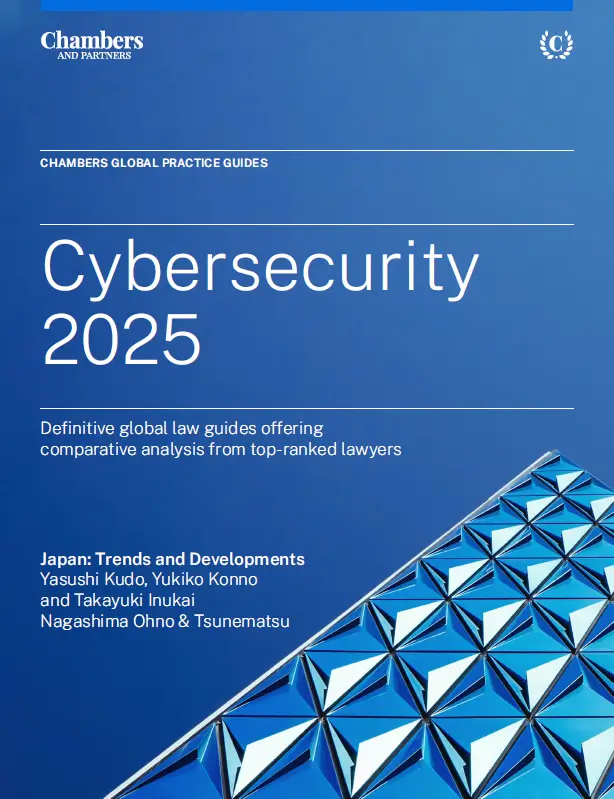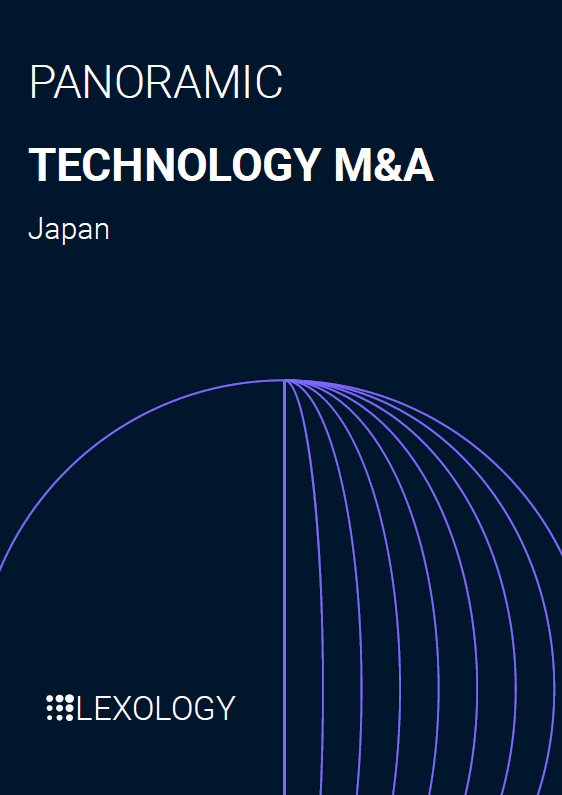
NO&T Japan Legal Update
In light of the escalating cyber threats in Japan during the year 2023, the Japanese National Police Agency (“JNPA”) has underscored the persistent prevalence of ransomware attacks, with a noteworthy increase in incidents related to a new form of ransomware known as “No-ware ransom”※1. This variant involves the theft of data from victims’ companies without encryption of the stolen information, thereby causing substantial harm. Additionally, the Information-Technology Promotion Agency publicly reported “10 Major Security Threats 2024”※2. In this article, which concerns threats to enterprises, attacks exploiting vulnerabilities embedded in the supply chain are ranked as the second-highest threat, while damage caused by ransomware attacks is ranked first.
Given the concerning trend in cyberattacks, the Japanese national government, together with pertinent government agencies, has proactively established a system (the “System”) under the Economic Security Promotion Act (“ESPA”) to ensure provision of essential infrastructure services (“EIS”) and enhance the supply chain risk management, including ensuring cybersecurity in EIS. This System is aimed at fortifying EIS resilience against cyber threats and ensuring a comprehensive response to emerging challenges.
The subsequent sections provide a comprehensive outline of the System, especially focusing on the supply chain risk management implemented to safeguard EIS.
The System is established pursuant to the ESPA, which was enacted in 2022 in response to escalating cybersecurity threats in Japan. Operational from May 2024, the System aims to mitigate risks such as the embedding of malware during equipment installation or software updates and the exposure of vulnerable information by third parties outside Japan. Starting from 2023, competent authorities have created and updated guidelines in preparation for effective implementation of the System beginning in May 2024※3.
The outlined System under ESPA establishes a comprehensive framework to fortify the cybersecurity posture of CF, safeguarding against external threats and disruptions to EIS.
Please see below a brief outline of the prior screening process mentioned above:
This outlined process ensures that EIS operators actively engage in risk management and cybersecurity measures, fostering a collaborative effort with competent authorities to protect the CF from external threats.
In addition, this structured process may have an effect on the suppliers and vendors of EIS operators, since there is a possibility that they would not be able to carry out transactions with EIS operators due to the recommendation by the relevant authorities. Therefore, under the System, while EIS operators are generally required to ensure to the supply chain risk management against cyber threats and make an appropriate prior notification to the competent authorities, the suppliers and vendors of the EIS operators are effectively obligated to cooperate with EIS operators in order to timely complete the screening process. The System therefore also has an indirect impact on both domestic and foreign EIS operator vendors and suppliers.
*3
For example, Cabinet Office of the Japanese government publicly discloses its guideline in the following website.
https://www.cao.go.jp/keizai_anzen_hosho/doc/infra_kaisetsu.pdf
*4
For example, the Japanese Financial Services Agency has publicly disclosed its guidance relating to the CF in the following website.
https://www.fsa.go.jp/news/r5/economicsecurity/infra_kaisetsu_financesector.pdf
*5
For example, the Japanese Financial Services Agency has publicly disclosed the designation of the EIS operators in the financial services in the following website.
https://www.fsa.go.jp/news/r5/economicsecurity/tokuteishakaikiban.pdf
This newsletter is given as general information for reference purposes only and therefore does not constitute our firm’s legal advice. Any opinion stated in this newsletter is a personal view of the author(s) and not our firm’s official view. For any specific matter or legal issue, please do not rely on this newsletter but make sure to consult a legal adviser. We would be delighted to answer your questions, if any.


Hoai Truong


(August 2025)
Keiji Tonomura, Yoshiteru Matsuzaki (Co-author)


(July 2025)
Ryo Okubo, Yu Takahashi, Uchu Takehara, Naoto Obara (Co-author)


(June 2025)
Keiji Tonomura, Yukiko Konno, Minh Thi Cao Koike, Yoshiteru Matsuzaki (Co-author)


(March 2025)
Yasushi Kudo, Yukiko Konno, Takayuki Inukai (Co-author)


Nga Tran


(November 2024)
Keiji Tonomura, Masaki Mizukoshi, Uchu Takehara, Hitomi Kono (Co-author)


(October 2024)
Yasushi Kudo, Tsubasa Watanabe, Hayato Maruta (Co-author)